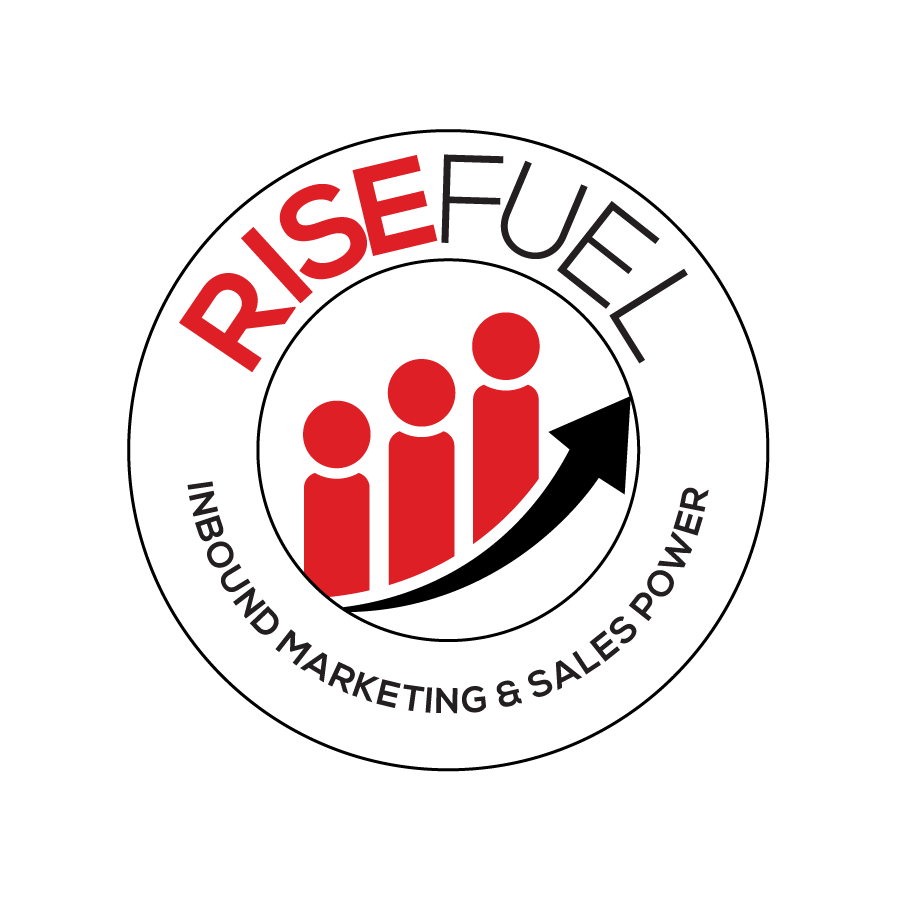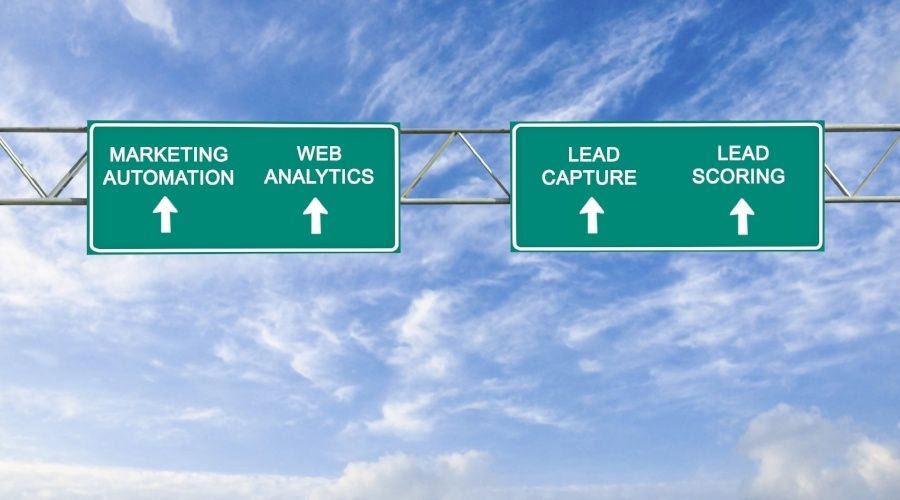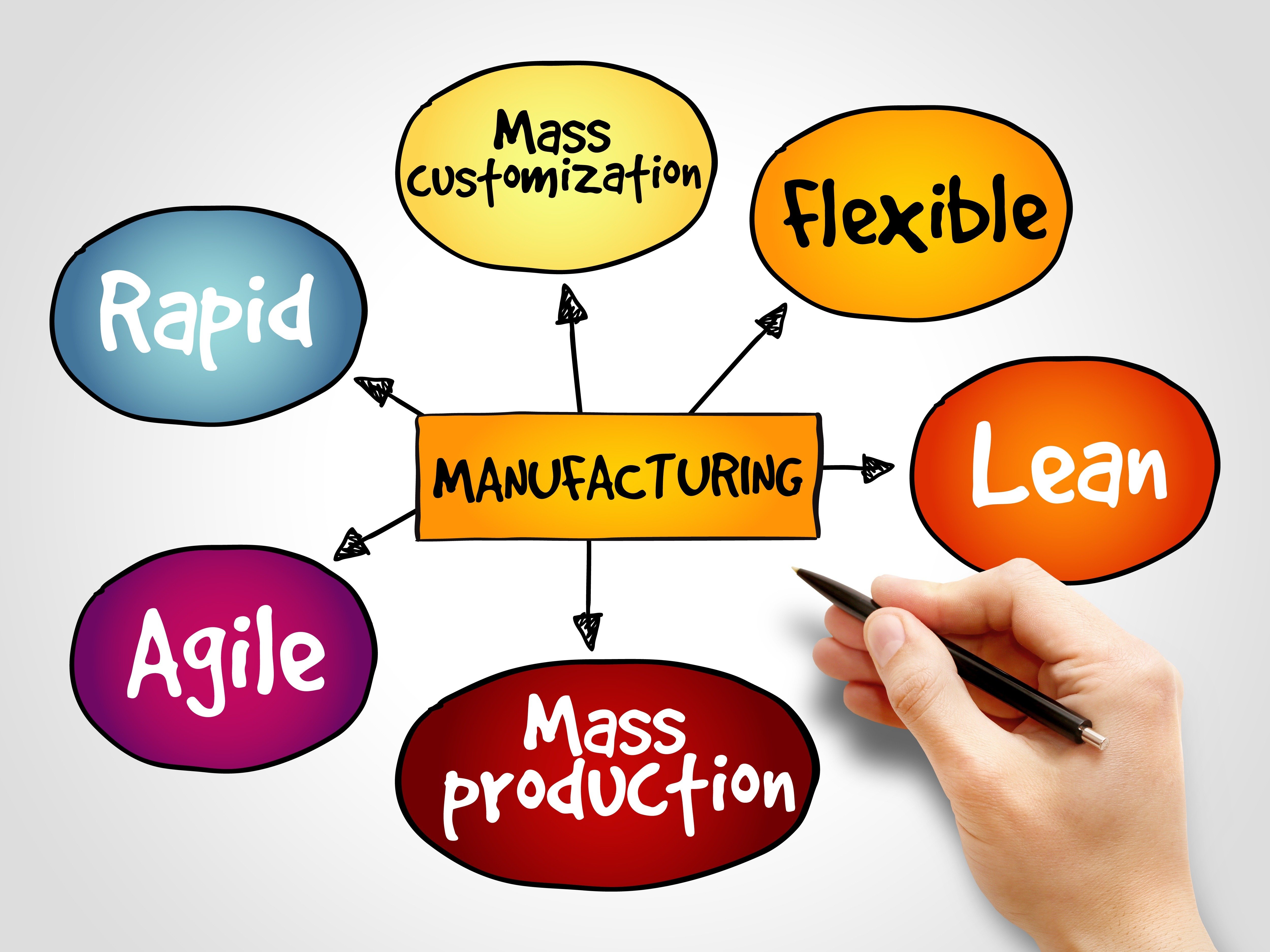Overview of Automation in Manufacturing
Automation in the manufacturing industry has brought about significant changes, revolutionizing production processes and transforming marketing strategies. The adoption of automation has led to several key benefits:
- Reduced production time: Automation enables increased efficiency and faster production processes, resulting in reduced production time.
- Higher-volume production: Manufacturers can achieve mass production with automation, allowing them to produce goods at a higher volume.
- Less human error: By automating tasks, the chances of human error are minimized, leading to improved product quality and consistency.
- Increased safety: Automation reduces the need for manual labor in hazardous tasks, thereby improving workplace safety.
The Role of Marketing in the Manufacturing Industry
Marketing plays a crucial role in the manufacturing industry, contributing to the overall success of companies. Here are some key roles of marketing in manufacturing:
- Driving product awareness: Marketing activities create awareness about the products and services offered by manufacturing companies. Effective marketing campaigns ensure that potential customers are aware of the available offerings.
- Generating demand: Marketing strategies help generate demand for products in the market. By effectively promoting products and highlighting their benefits, manufacturers can increase sales and revenue.
- Building brand reputation: Marketing activities contribute to developing a strong brand reputation for manufacturing companies. A well-established brand reputation influences consumer perception and loyalty, leading to increased trust and customer retention.
Evolution of Marketing Strategies in Manufacturing
Automation has significantly changed marketing strategies in the manufacturing industry. Here are some notable developments:
- Adoption of digital marketing: Automation has facilitated a shift towards digital marketing platforms in the manufacturing sector. Manufacturers are increasingly utilizing social media, email marketing, and online advertising to reach their target audience [4].
- Personalized marketing campaigns: Automation allows manufacturers to segment their target audience and deliver personalized marketing messages. This level of personalization enhances customer engagement and improves conversion rates.
- Integration of CRM systems: Manufacturers are leveraging automation to integrate Customer Relationship Management (CRM) systems into their marketing processes. This integration enables efficient management of customer data and improves customer relationships.
Impact of Automation on Marketing Processes and Efficiency
Automation has had a significant impact on marketing processes and efficiency in the manufacturing industry. Here are some key effects:
- Streamlined lead nurturing: Automation enables the automation of lead nurturing processes. Manufacturers can use automated systems to ensure timely and personalized communication with prospects throughout the customer journey. This streamlining of lead nurturing processes improves customer engagement and increases the chances of conversion.
- Enhanced data analytics: Automation tools provide valuable insights into customer behavior and marketing campaign performance. Manufacturers can leverage these insights to make data-driven decisions, optimize their marketing strategies, and improve overall performance.
- Improved marketing ROI: By automating repetitive tasks and optimizing marketing processes, manufacturers can achieve higher marketing efficiency and a better return on investment. Automation frees up time and resources, allowing marketers to focus on strategic activities that drive results.
Successful Examples of Marketing Automation in Manufacturing
Manufacturing companies have successfully implemented various forms of marketing automation. Here are a few examples:
- Customer relationship management (CRM) systems: Manufacturers are implementing CRM systems to automate customer interactions, track sales, and manage marketing campaigns. These systems help streamline marketing processes and improve customer relationship management.
- Email marketing automation: Manufacturers are utilizing automated email marketing campaigns to nurture leads, send personalized product recommendations, and engage customers. Automated email marketing allows for efficient and targeted communication with customers.
- Social media automation: Automation tools assist manufacturers in scheduling and publishing social media posts, monitoring brand mentions, and engaging with followers more efficiently. Social media automation helps manufacturers maintain an active online presence and interact with their target audience effectively.
Future Trends and Outlook
The adoption of automation in manufacturing marketing is expected to continue to grow in the future. Here are some anticipated trends:
- Continued growth of automation: Advancements in technology and the need for improved efficiency will drive the further adoption of automation in manufacturing marketing.
- Integration of AI and machine learning: Manufacturers are likely to integrate Artificial Intelligence (AI) and machine learning algorithms into their marketing automation systems. This integration will enhance personalization and predictive analytics capabilities, enabling manufacturers to deliver more targeted and effective marketing campaigns.
- Focus on customer experience: Automation will continue to play a crucial role in delivering exceptional customer experiences. Manufacturers will use automation to build long-term relationships with their customers, fostering loyalty and satisfaction.
Conclusion
Automation has significantly impacted manufacturing marketing, leading to improved efficiency, personalized marketing campaigns, and enhanced customer experiences.
As automation continues to evolve, manufacturers must adapt their marketing strategies to stay competitive in the rapidly changing landscape. By harnessing the power of automation, manufacturers can drive growth, improve customer engagement, and achieve long-term success.















